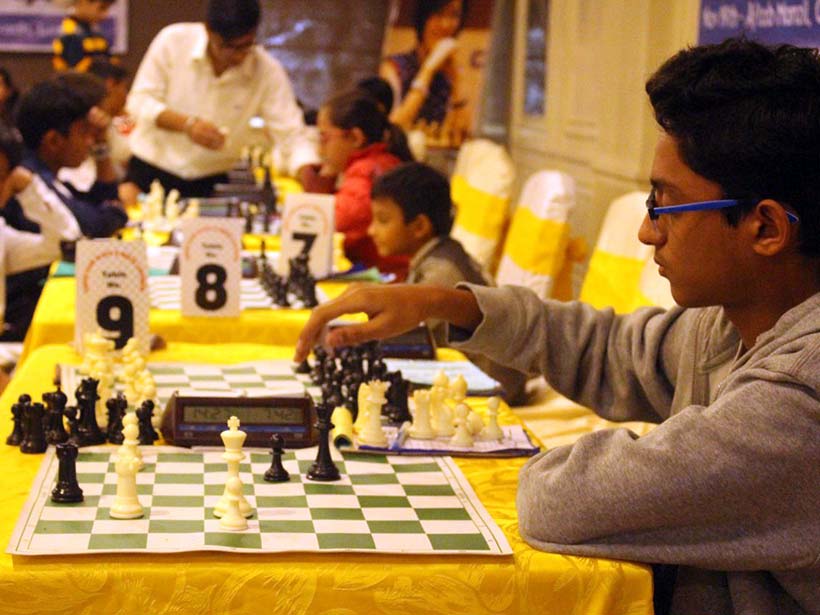What is ADHD?
Attention Deficit Hyperactivity Disorder is a common mental disorder of the neurodevelopmental type that affects the regular activities of an individual, like difficulty in paying attention, hyperactive in performing daily tasks, unstable behaviour without thinking about prior consequences, irrespective of age.
It is a mental disorder that is estimated to prevail in India at a rate of 5.8%. Researchers discovered that the brain of an individual suffering from ADHD is 5% smaller than that of a person without it. The basic symptoms of the disorder usually begin in childhood but may continue until an adult stage. The symptoms can be really tough to be diagnosed among these people.
Treatment of ADHD
Treatment of ADHD is a combination of both counselling and medication. To improve the present and long term outcomes, a regular treating of behavioural therapies, drugs and positive reinforcements is undertaken.
Medications like methylphenidate dexamfetamine, lisdexamfetamine, atomoxetine and guanfacine are licensed drug prescribed for ADHD. Psychological therapies used include psychoeducational input, organization training, parent management training, and neurofeedback, behaviour therapy, cognitive behavioural therapy (CBT), interpersonal psychotherapy, social skills training, behavioural peer intervention, family therapy, school-based interventions.
Chess Therapy
Chess Therapy is a kind of psychotherapy, in which chess is a medium of connection between the therapist and the patient. It helps in creating a strong bond between both and help the therapist to diagnose and understand its patient in a better way. Chess therapy was first performed by Persian polymath Rhazes who was the chief physician of the Baghdad hospital.
Chess therapy is performed to help ADHD patients, overcome their development disorder and pursue a stable life on their own. Chess is known to be a medium to let go of one’s true thoughts, emotions, and actions. Facts prove that chess aids in the treatment of ADHD patients. Such as focusing, visualising, planning, weighing options between right or wrong based on the consequences, abstract thinking etc.
These act not as a permanent cure for ADHD but may help someone with the condition to concentrate better, be less impulsive, feel calmer, and learn and practise new skills. Therapists and counsellors usually refer to chess therapy for individuals with learning disabilities and hyperactive disorders.
Chess training programmes for ADHD diagnosed patients
Psychiatrists around the world have nodded to the efficiency of chess training programmes and clubs. They have recognised the benefits of chess that gradually make an ADHD individual heal.
Now, a recent study performed in Spain has provided the first accreditation
for the theory which states, chess can help treat ADHD. The Spanish research was followed by 44 children suffering from ADHD, and testing them before and after a 11-week chess training programme. They found that the severity of ADHD was significantly decreased for most of the children at the end of the training programme, with an unexpected rise in IQ as well. (The IQ rise had been anticipated by Dr Veena Doss, head of psychology at Chennai Women’s Christian College, who surmised from some case studies in 2013 that “Chess looks at the intellectual capability and not academics. So even children with learning disorders have shown an improvement in their cognitive skills.”)
However, the results of the Spanish study were so impressive that the researchers have called for further trials, with an expectation that if their results are replicated chess could be included as a recognised treatment option for children with ADHD.
Mind Mentorz is one such platform that encourages such training programmes of ADHD patients and always try to uplift the society through spreading awareness about such mental disorder and helping towards contributing to eliminate it.


